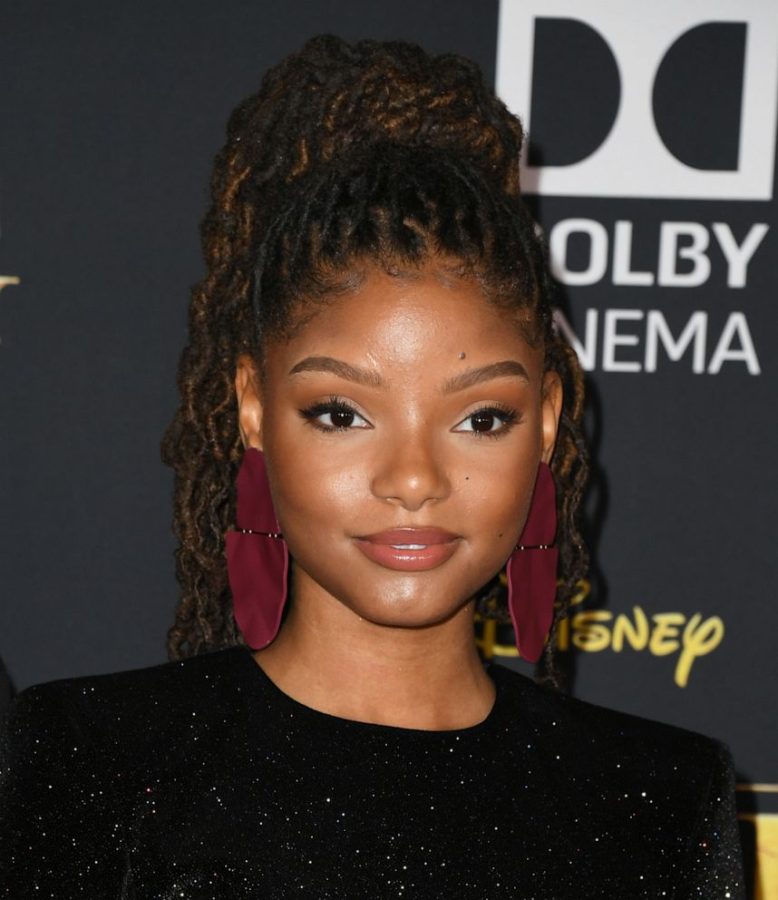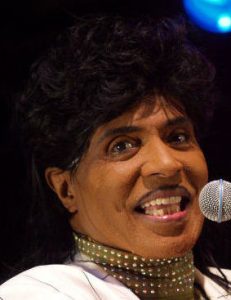Controversy Under the Sea
October 11, 2022
There is a myriad of drama as of late concerning racism in the movie industry. Not too long ago on September 9th ,Disney released a teaser trailer on their YouTube Channel for a live action remake of the 1989 classic The Little Mermaid. The film is set to release next year on May 26, 2023, and stars actress Halle Bailey as the main lead Ariel. This reveal has caused a wave of racist backlash across parts of the internet with the trailer having 1.5 million dislikes as of September 14th. It seems the primary reason for this is because Ariel is portrayed by a black actress, unlike how she is portrayed as white in the Disney animated film. Some people have even tried to use science to justify their racist views on the subject. One such example comes from a now deleted 2019 twitter post where a user claims that because Ariel lives underwater, she wouldn’t get enough sunlight to have strong amounts of melanin and therefore couldn’t be black.
More adversaries to the remake in a forum also claimed that having a black Ariel would invalidate the original film’s existence. There was also the argument that Disney was being woke by blackwashing Ariel and that it isn’t good representation. In addition, one person said that people who want representation should create new stories, instead of using established ones and changing the characters race. Some people in the forum begged to differ as they believed that it didn’t matter what race the actress was as she was portraying a fictional character, and that Ariel’s skin color does not have anything to do with the story of The Little Mermaid. They weren’t alone on this idea, as a study done in 2019 prior to the release of the trailer found that 65% of participants agreed that the race of the actress did not matter. Whereas 15% said that the actress should be white and 7% said that she should be portrayed by a person of color.
On the other hand, there are many people compared to the minority who are in support of actress Halle Bailey. These people have taken to social media to express their support of both the film and the actress and have even gone as far as to confront the racist comments that have been aimed at the film. Users on twitter especially have been prominent with people saying that Ariel being black is not a big deal as it does not affect the story in a major way. Some people have even said that they’re going to see the film out of support for the actress due to the racism that has been thrown at the film. There has also been support for the film in a more wholesome way. On TikTok there has been a thread of black content creators showing their kids reacting to the trailer. A common sentiment expressed among the clips is that these kids see themselves represented through Bailey’s portrayal of Ariel because she is black, showcasing what the power of representation can have on people especially kids that may not feel represented enough in media.
The controversy over this film has been prominent enough that it even reached these very campus grounds. Prior to writing this article I overheard a bit of talk from a group of students about the issue while having breakfast, but never inquired them about their views on the topic. Yet I was able to find and interview two students who were aware of the controversy. The first person I interviewed was Alicia who was aware of the drama with her expressing the opinion that the people that are mad about it are wrong. She added “I can’t really understand why anybody would get that upset over someone playing a character, I think it’s a little ridiculous.” The second person I interviewed was Ziad who expressed the same sentiment as Alicia. Ziad stated “I think people are making it bigger than it seems, and I don’t think it should matter honestly. Like the little mermaid doesn’t exist.”
The Little Mermaid controversy shows that there is still work to be done concerning the discussion and importance of representation, in regard to how we as a society perceive change in the social and work industry when it comes to presence of minorities.








